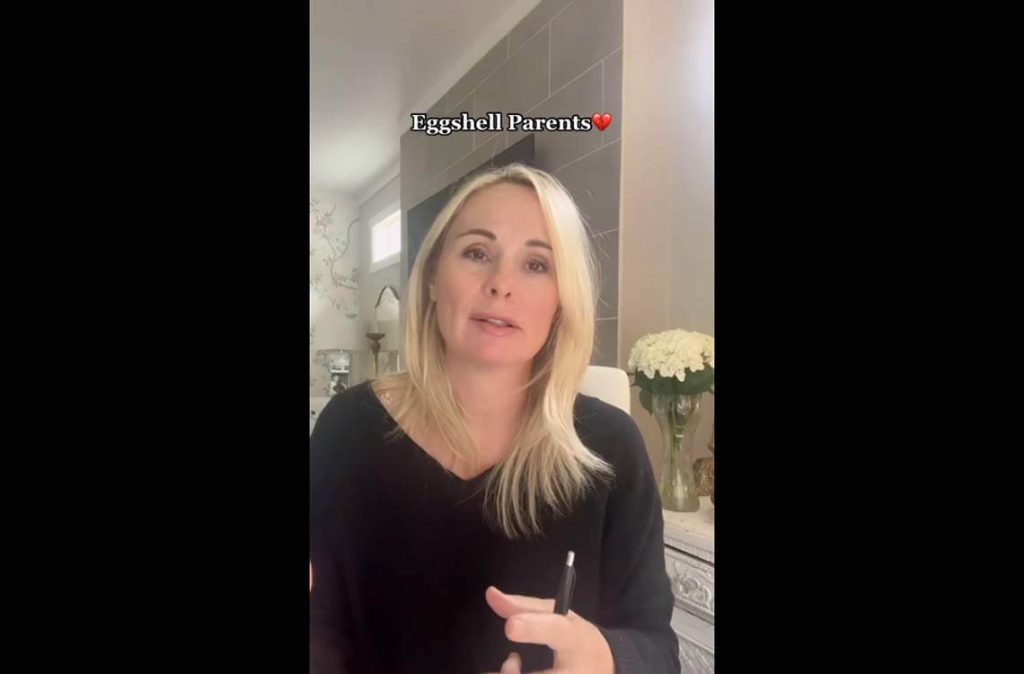As the number one person that your kids look to for safety, comfort and reassurance, a parent is the bedrock of a child’s sense of security.
So, imagine if they grew up on shaky ground, with adults who are at the mercy of their feelings.
Upset and angry one minute, then happy and loving the next.
One who punishes you even when you seemingly do nothing wrong, and rewards you with affection only when you do what they want.
Welcome to the world of eggshell parenting, aptly coined by psychologist Dr Kim Sage, from the idiom ‘to walk on eggshells’.
It comes from the phenomenon of a child having to constantly be on-guard around an emotionally volatile caregiver.
What Is Eggshell Parenting
Eggshell parenting is by no means a new phenomenon but a rebranding of popular forms of toxic parenting.
Parents who lash out at their kids from their own personal issues such as work.
Parents who have no emotional intelligence or resilience.
Parents who rule the household on fear alone.
Parents who are narcissistic, borderline or immature.
A child living with an eggshell parent will never know what to expect: an unwarranted scolding or a warm compliment.
They are constantly forced to navigate the emotional landmine of false accusations, guilt tripping, gas-lighting, emotional manipulation, mocking, and harsh punishments.
– Dr Kim Sage
According to Dr Kim, when the child grows up, they become an insecure adult stuck in perpetual fight-or-flight mode who is prone to people-pleasing.
Side Effects of Eggshell Parenting
Eggshell parenting can leave a lot of traumas.
The key to knowing you’re a victim of eggshell parenting is hypervigilance: scanning your surroundings for threats because you’ve been raised to expect emotional outburst from your parents.
People who call themselves ‘empaths’ are usually the product of eggshell parenting, because they’ve become such experts at picking up on other people’s moods as a defense mechanism.
This results in a tendency known as fawning (or people-pleasing), where the child exhibits exaggerated affection or over-accommodation in order to placate the volatile parent.
Are You an Eggshell Parent?
Chances are you may have either grown up with an eggshell parent without even knowing it, or are one yourself.
The two are not mutually exclusive.
But we may subconsciously adopt the parenting styles of our parents when we have our own kids.
It can take a lot of self-awareness to break away from this mentality.
If you find yourself guilty of being an eggshell parent, it’s never too late to change.
Owning up to your mistakes is already half the battle won.
So, remember to avoid taking out your frustrations on your child, love them unconditionally even on their bad days, and never give them a reason to fear you.
You’ve got this, parents!
For more insightful stories and fun recipes, stay tuned to Motherhood Story!
